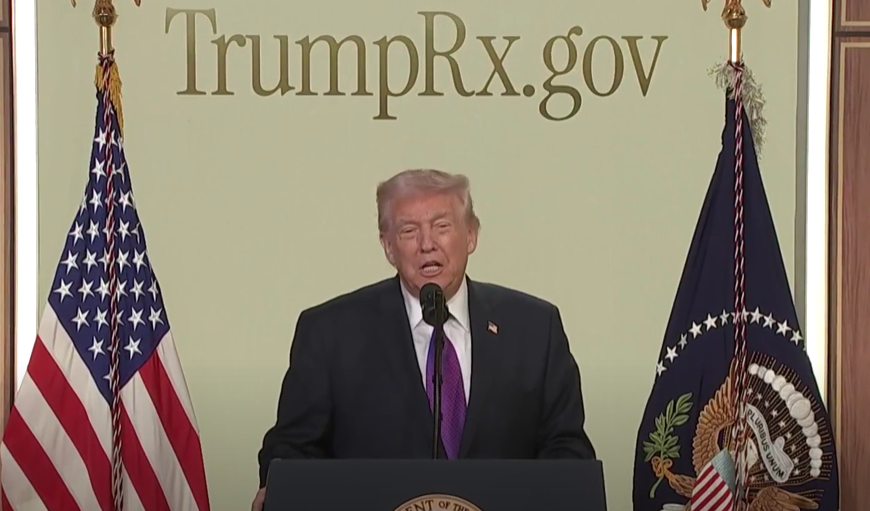Research Debunks the Dopamine Detox Hype
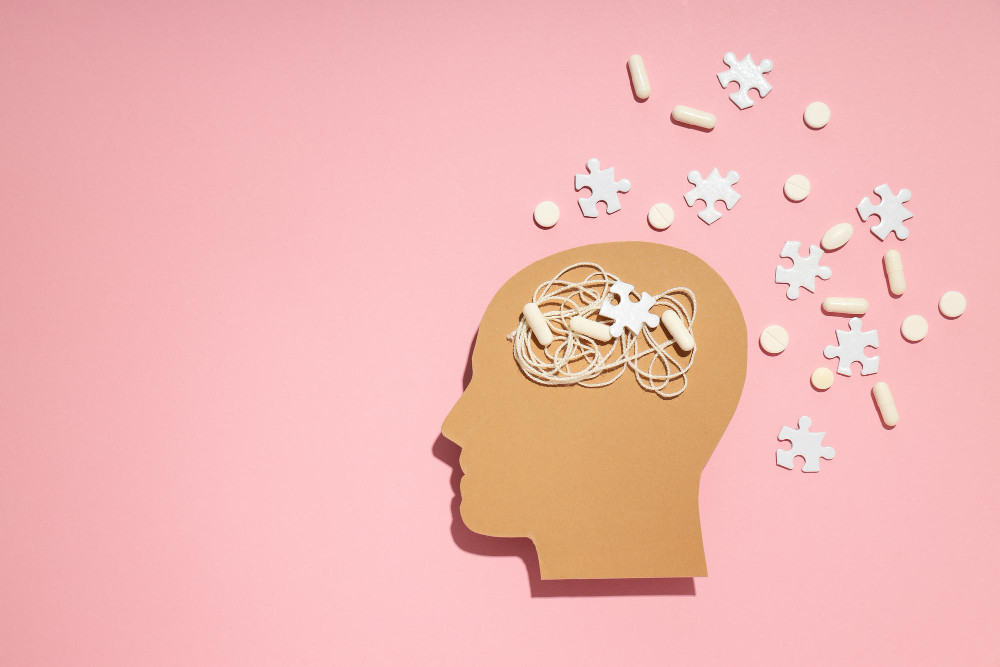
© atlascompany / Freepik
Have you ever felt overwhelmed by endless notifications, social media scrolling, or binge-watching shows? Would you consider dopamine fasting?
Many people have turned to a trend called “dopamine detox” to reset their brains and regain control. It sounds like a simple fix: avoid fun activities to balance your brain’s reward system.
However, new research suggests that this popular idea might not be as effective as it seems.
Let’s explore what dopamine detox is, why it’s so popular, and what science says about it.
What Is a Dopamine Detox?
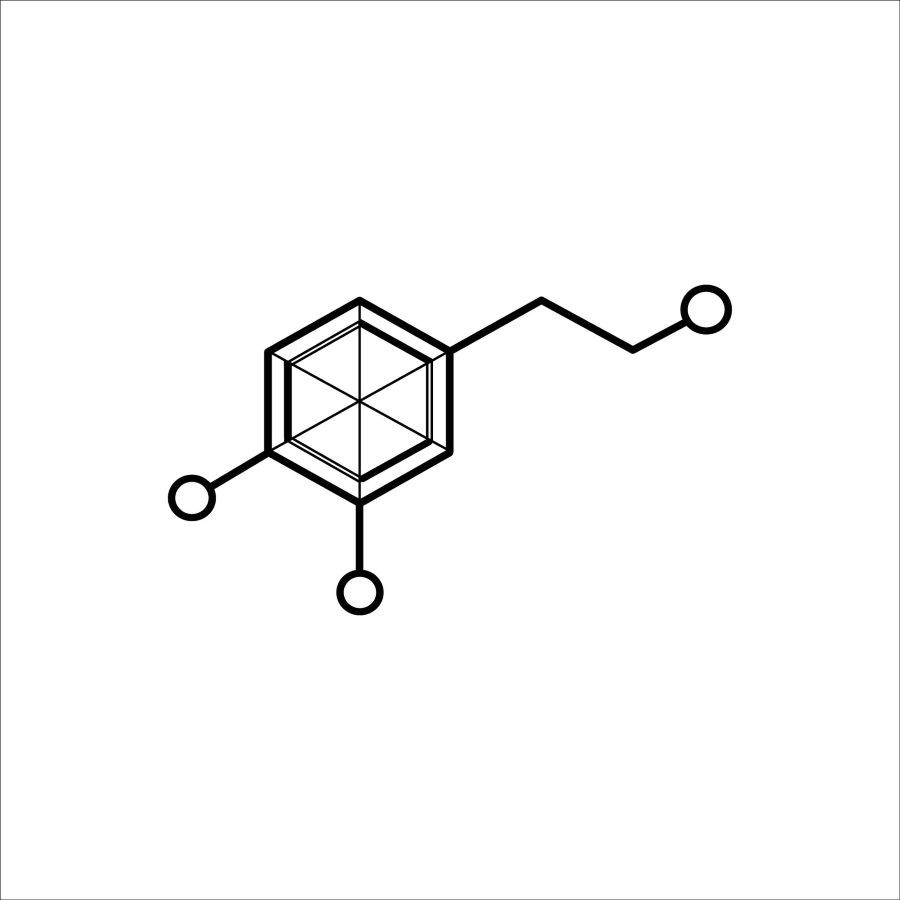
A dopamine detox, sometimes called dopamine fasting, is when someone takes a break from activities that feel rewarding, like using social media, playing video games, or eating junk food.
The goal is to lower the brain’s dopamine levels, a chemical linked to pleasure and motivation, to make everyday tasks more enjoyable again.
The idea comes from Dr. Cameron Sepah, a psychiatrist who used it as a form of cognitive behavioral therapy (CBT) to help people manage addictive behaviors.
However, the trend has grown far beyond its original purpose, with social media influencers promoting extreme versions, like avoiding all pleasure for days.
The concept became a hit because it promises a quick way to boost focus and productivity. Many people feel trapped by their phones or habits, and a detox sounds like a fresh start.
But is it really that simple? Recent studies are raising doubts.
The Role of Dopamine in Fear and Habit Regulation
Recent research also sheds light on dopamine’s role beyond just pleasure, challenging dopamine detox myths further.
A new study on fear extinction, the process of overcoming learned fears, shows that dopamine signaling in the brain’s basolateral amygdala (BLA) plays a complex role.
In experiments with animals, scientists found that dopamine from the ventral tegmental area (VTA) helps form new memories that suppress fear responses.
Specifically, dopamine activates reward-related neurons in the BLA to promote fear extinction, while its activity in fear-related neurons can reinforce fear.
This means dopamine doesn’t just drive pleasure—it’s critical for learning to let go of harmful behaviors or fears.
Extreme dopamine detoxes, which aim to lower dopamine levels, could disrupt these natural processes, potentially making it harder to manage anxiety or break bad habits.
Instead of avoiding all stimulation, fostering balanced dopamine activity through gradual habit changes may support healthier mental responses.
Why the Dopamine Detox Trend Falls Short
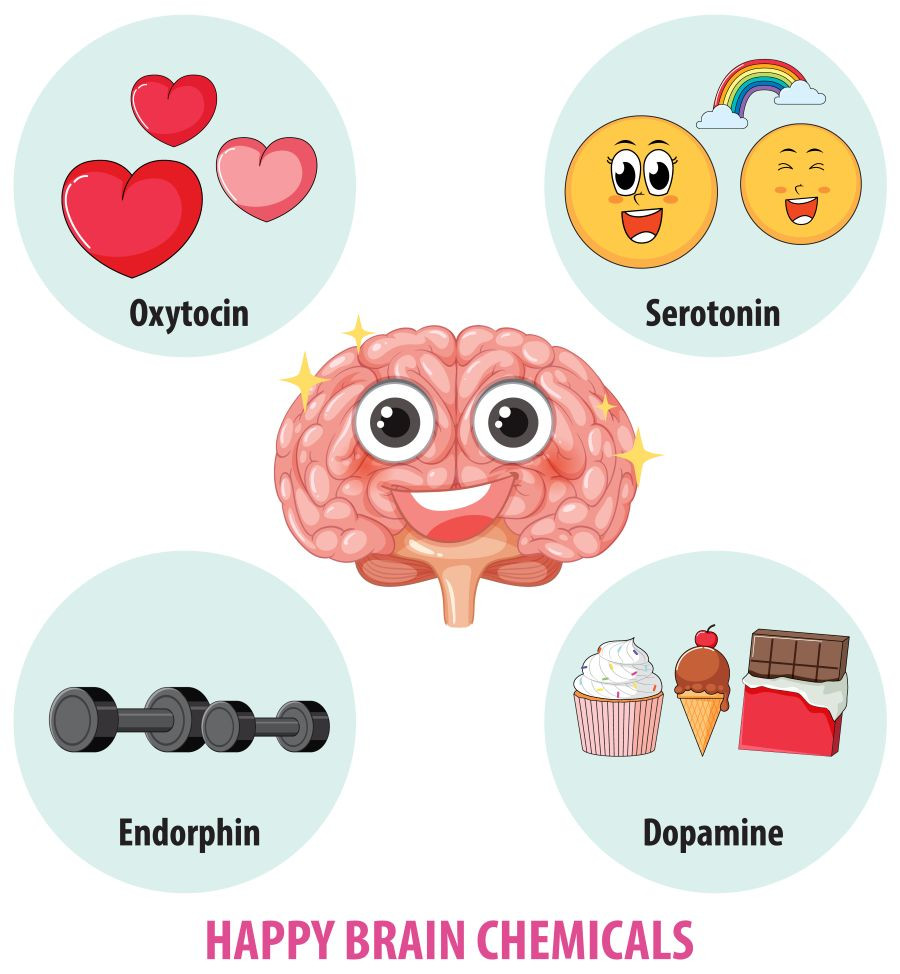
New research shows that dopamine detox myths oversimplify how the brain works. Dopamine isn’t just about pleasure—it also helps with learning, motivation, and even avoiding danger.
A study from Northwestern University found that dopamine activity changes as we learn to avoid negative outcomes, not just when we chase rewards.
This means cutting out all pleasurable activities won’t “reset” your brain as promised. Instead, it might make you feel bored or anxious without addressing the root of unhealthy habits.
Experts like Dr. Susan Albers explain that extreme detoxes, like avoiding all fun for 24 hours, can backfire. They’re hard to stick to and may make you focus more on what you’re missing.
The brain’s reward system is complex, involving other chemicals like serotonin, not just dopamine. Plus, dopamine doesn’t disappear when you avoid stimulation—it’s always present, helping you function.
Taking a break from social media might help, but it’s not because you’re lowering dopamine levels. It’s more about breaking habits and practicing mindfulness.
A Better Way to Manage Habits
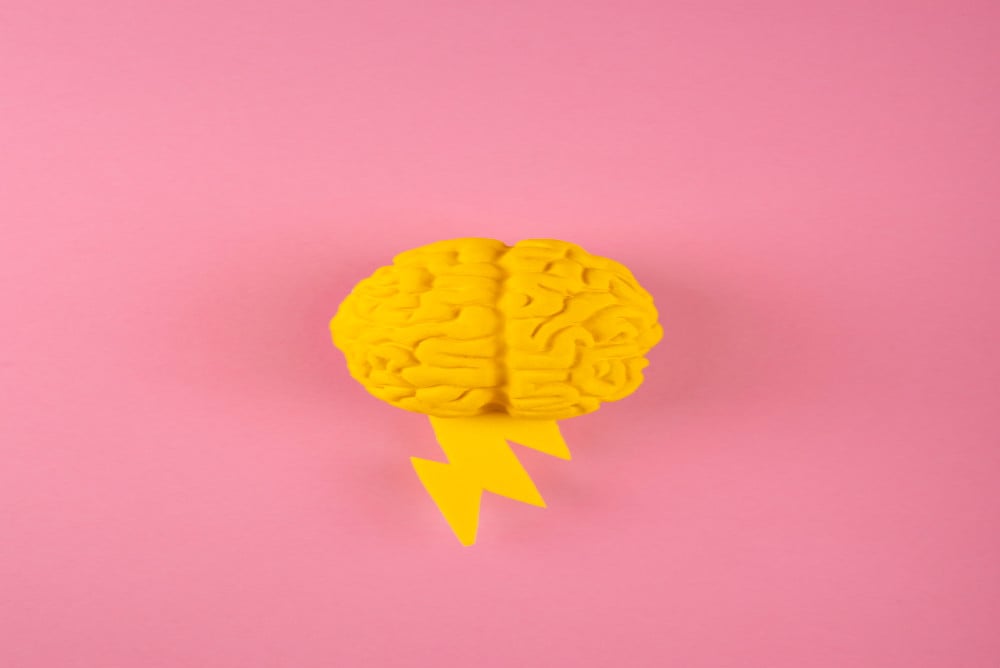
Instead of a full dopamine detox, experts suggest smaller, sustainable changes. For example, limit screen time gradually or replace scrolling with activities like walking or reading.
Cognitive behavioral therapy, the original basis for dopamine fasting, focuses on understanding why you rely on certain habits and finding healthier alternatives. Journaling can help you identify triggers, like boredom, that lead to impulsive behaviors.
If you’re struggling with mental health or addiction, a professional therapist can offer personalized advice. Dopamine detox myths may sound appealing, but they’re not a cure-all.
By focusing on balance and self-awareness, you can regain control without extreme measures.
In conclusion, the dopamine detox trend has captured attention for its promise of a mental reset, but science shows it’s not that simple.
Dopamine is a vital part of how our brains work, and avoiding pleasure won’t magically fix overstimulation. Instead, try small steps to build healthier habits. Your brain—and your well-being—will thank you.
You might also want to read: How to Increase Dopamine Levels Naturally?
